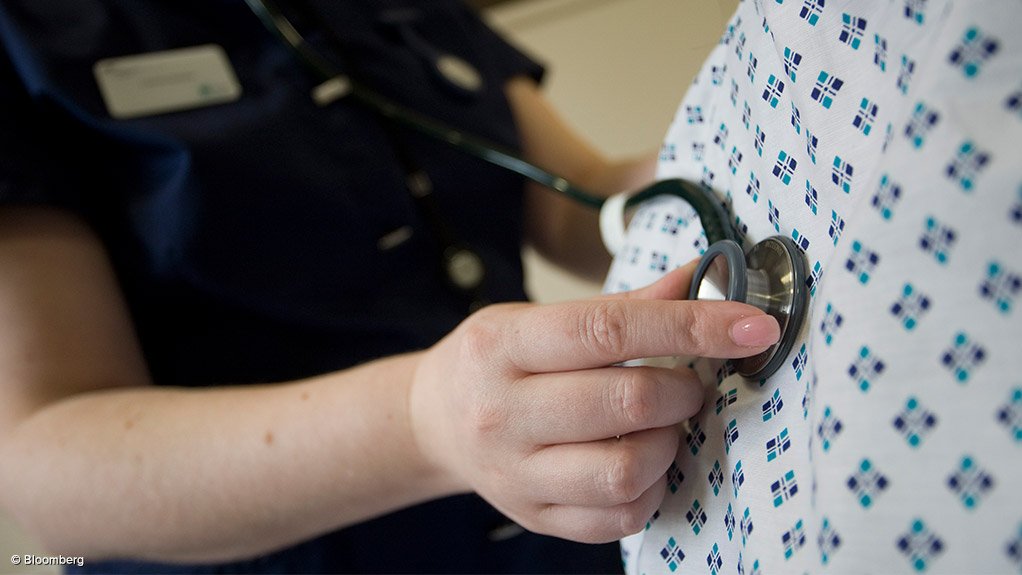South Africa’s biggest body representing doctors has asked the National Council of Provinces (NCOP) to vote against the passing of the National Health Insurance Bill in its current form.
The South African Medical Association (SAMA), which represents over 12 000 doctors in the country, submitted a petition signed by more than 52 000 to the NCOP – the parliamentary body currently considering the NHI Bill.
The Bill is with the NCOP after, in June, the National Assembly passed the NHI Bill despite strong opposition from the private healthcare industry and leading opposition parties.
According to SAMA, it has been involved in the legislative process of the Bill from its inception.
In a letter to NCOP chairperson Amos Masondo, SAMA chairperson Dr Mvuyisi Mzukwa said they had made written and verbal representations to Parliament outlining concerns regarding the Bill and its potential implications.
”Regrettably, our views have been largely disregarded, leading to the adoption of the Bill by the Parliamentary Portfolio Committee on Health in May 2023, and its subsequent adoption by the National Assembly on 13 June 2023. It was thereafter that we elected to exercise our constitutional right to petition the National Council of Provinces as a last resort," he said.
The petition has more than 52 000 signatures and 2 000 comments from the public.
SAMA’s key concerns include:
- The focus on a funding model without addressing human resource shortages and infrastructure issues in the public healthcare system;
- Corruption risks;
- A lack of cost assessment;
- Limitations on medical aid schemes.
"We believe that the Department of Health’s attempt at addressing some of the above mentioned issues in a statement released by the South African Government News Agency on 5 July 2023, after the adoption of the Bill in the National Assembly, is itself an indicator that the Bill, in its current form, does not address those concerns, as a clarifying statement by the Department would otherwise have not been required," Mzukwa said.
The NHI will create a single fund to which those earning an income will contribute, probably through a payroll tax.
As the NHI expands over time, the Bill envisages that medical aids will no longer be allowed to reimburse people for services offered by the NHI and will effectively be phased out.
Several NGOs, medical schemes and other institutions have vehemently opposed the proposed single-payer model, which means that government will buy all essential healthcare products and services.
Under the NHI, medical schemes will only be allowed to cover healthcare that is not offered by the government.
Mzukwa pleaded with Masondo to take a different stance to that of the National Assembly.
"As the final house of Parliament that will decide on the adoption of the Bill before it is signed into law, we implore the National Council of Provinces to consider the concerns raised," he said.
EMAIL THIS ARTICLE SAVE THIS ARTICLE
To subscribe email subscriptions@creamermedia.co.za or click here
To advertise email advertising@creamermedia.co.za or click here











